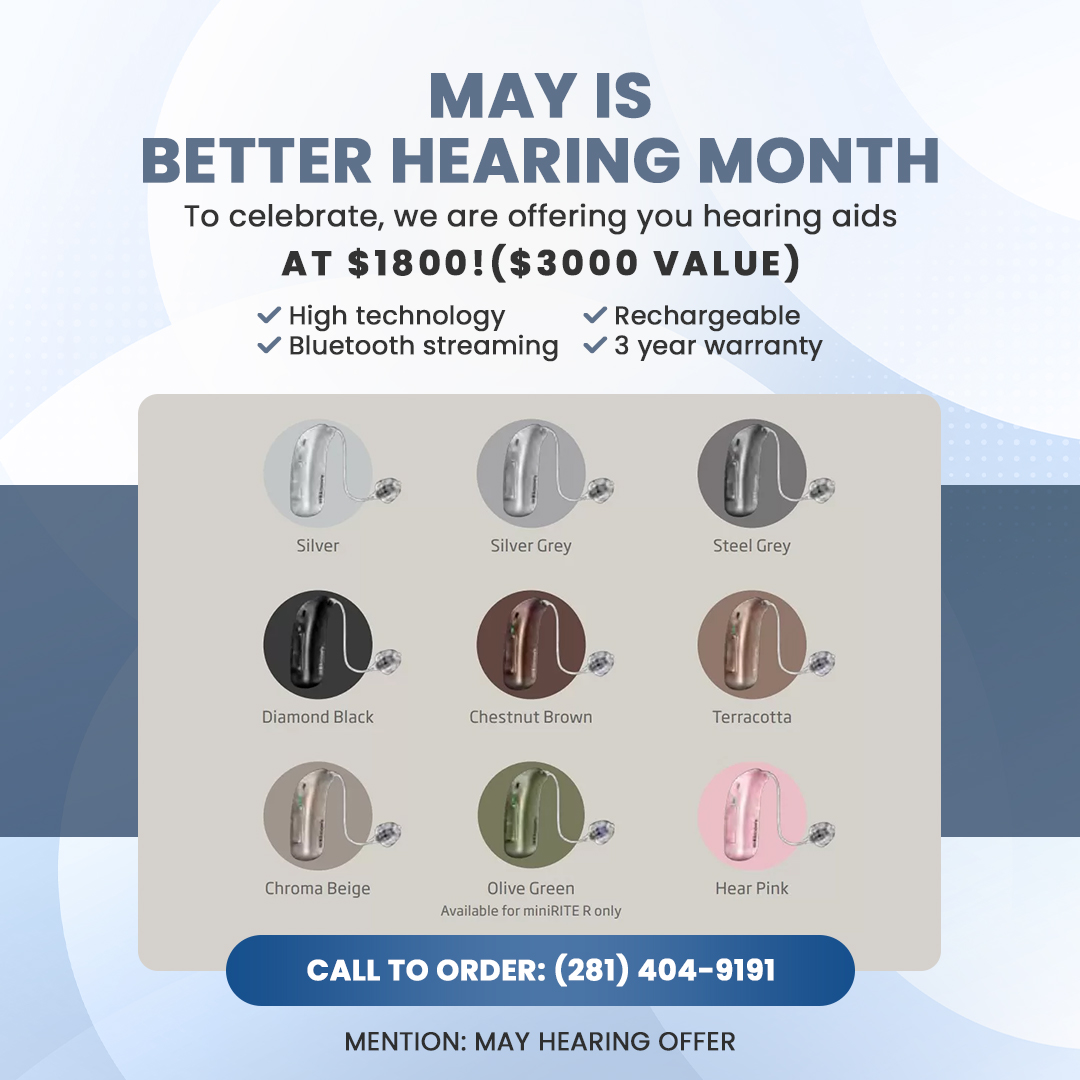
Children rely heavily on their eyesight to navigate the world around them, learn new things, and excel academically. Understanding the intricacies of children's vision is crucial to identifying and addressing any potential issues early on.
Common Eye Conditions and Visual Challenges in Children
Many children can experience eye conditions and visual challenges that can hinder their ability to learn and succeed. Some of these conditions include:
- Myopia (Nearsightedness): This is a condition where distant objects appear blurry, while close objects remain clear. Myopia is becoming increasingly prevalent among children due to factors such as excessive screen time and lack of outdoor activities.
- Hyperopia (Farsightedness): In contrast to myopia, hyperopia causes close objects to appear blurry, while distant objects remain clear. This condition can make it difficult for children to focus on tasks that require near vision, such as reading or writing.
- Strabismus (Crossed Eyes): Strabismus occurs when the eyes are misaligned, pointing in different directions. This condition can lead to double vision and can affect depth perception, making it challenging for children to participate in activities that require accurate judgment of distances.
- Amblyopia (Lazy Eye): Amblyopia is a condition where one eye has reduced visual acuity compared to the other eye. If left untreated, it can result in permanent vision loss in the affected eye. Children with amblyopia may have difficulty reading, writing, and performing tasks that require visual coordination.
The Importance of Early Intervention in Vision Issues
Early intervention is key when it comes to addressing vision issues in children. The visual system is highly adaptable during the early years of life, making it more receptive to treatments and interventions. By identifying and addressing vision problems at an early stage, you can significantly improve your child's chances of overcoming visual challenges and achieving academic success.
Regular eye exams are essential in detecting any potential vision issues in your child. These exams can detect refractive errors, eye muscle imbalances, and other visual abnormalities that may affect your child's vision. By visiting an eye care professional regularly, you can ensure that any vision issues are identified and treated promptly.
What is Vision Therapy?
Vision therapy is a specialized form of therapy that aims to improve and enhance visual skills and processing abilities. It is a non-surgical and non-invasive treatment option that involves a series of exercises and activities designed to optimize visual performance. Vision therapy is tailored to each individual's specific needs and can address a wide range of visual challenges.
During vision therapy sessions, your child will work with a trained professional who will guide them through various exercises and activities. These may include eye tracking exercises, focusing exercises, and visual perception activities. The goal of vision therapy is to strengthen the visual system, improve eye coordination, and enhance visual processing abilities.
How Vision Therapy Can Benefit Your Child
Vision therapy can have a profound impact on your child's overall development and academic success. By addressing and improving their visual skills, vision therapy can:
- Enhance Academic Performance: Many academic tasks rely heavily on visual skills, such as reading, writing, and solving math problems. Through vision therapy, your child can develop and improve their visual abilities, leading to enhanced academic performance.
- Improve Concentration and Attention: Visual challenges can make it difficult for children to concentrate and stay focused on tasks. Vision therapy can help improve eye coordination and visual processing, enabling your child to concentrate better and pay attention to details.
- Boost Confidence and Self-Esteem: Children with visual challenges may feel frustrated and discouraged, especially when they struggle academically. Vision therapy can give them the tools they need to overcome these challenges, leading to increased confidence and improved self-esteem.
- Facilitate Overall Development: Vision therapy not only improves visual skills but also promotes overall development. By enhancing eye-hand coordination, visual memory, and visual processing abilities, your child can become more competent and confident in various activities.
Schedule Your Child’s Eye Exam with Pupila Family Eye and Ear Care Today
By understanding the importance of children's vision and the potential challenges they may face, you can take proactive steps to address any visual issues early on. Vision therapy offers a non-invasive and effective solution for improving your child's visual skills, academic performance, and overall development.
Take the first step towards helping your child succeed through vision therapy. Schedule an appointment with Pupila Family Eye and Ear Care at our office in Lantern Lane, located in Houston, Texas. Please call (713) 324-8889 to book an appointment today.








